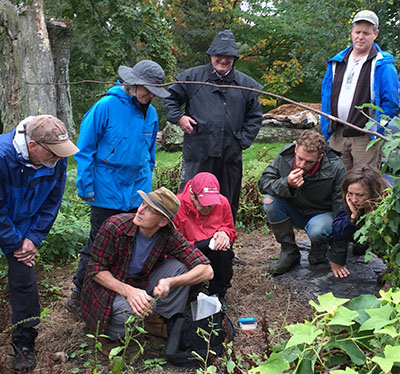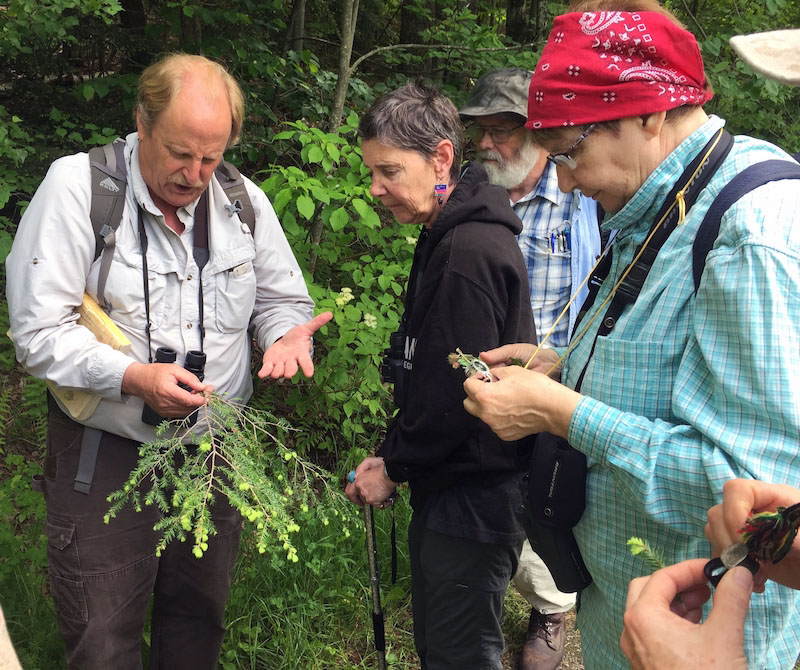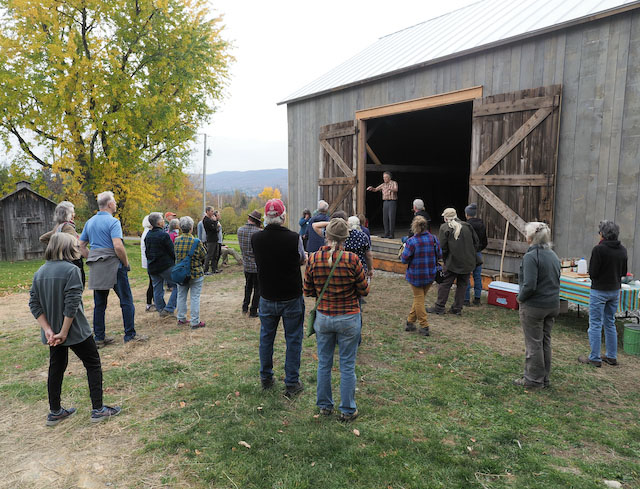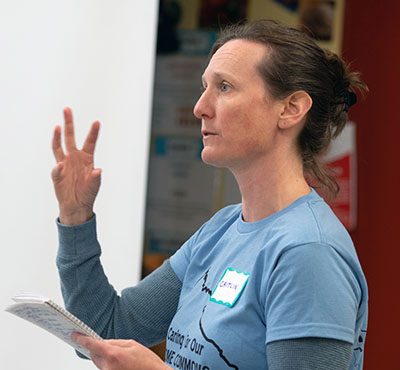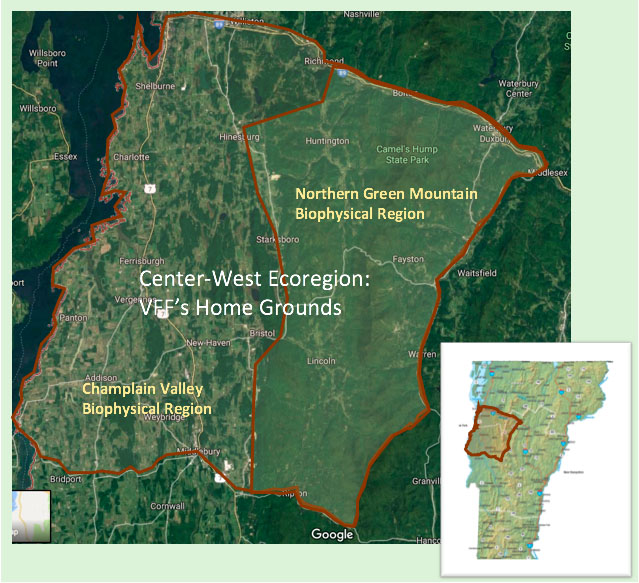Mission & Vision
Our mission is to:
- Observe, understand, and preserve forest ecosystem health;
- Practice forest-centered conservation that is wholistic and adaptive;
- Support careful management of local family forests for ecological, economic, and social benefits; and
- Foster a forest culture focused on community well-being, ecological resilience, and the quest of an optimal land ethic.
Our vision is mutually beneficial relationship between people and the forests in which we live. What does that look like? We explore this question in everything we do, and the answer evolves with our hands-on, land-centered efforts.
One thing we’re certain of is that it’s not all about the science. Western scientific investigation of forestry and forest ecology offers important and helpful insights, and we lean on those insights every day to support our latest recommendations on forestry practices. But the wise, humble, compassionate orientation of heart and mind are essential to the process and are often left out of the forest management conversation.
There are, as they say, many paths up Truth Mountain, and we’ve tapped into wise voices from varied paths for helpful insights into what mutually beneficial relationship between people and the rest of the community of life on Earth might look like.
In his epilogue to Small is Beautiful, E.F. Schumacher points to the Four Cardinal Virtues of prudence, temperance, fortitude and justice as guiding principles for engaging with the world.
In Braiding Sweetgrass, Robin Wall Kimmerer describes the indigenous core practices of reciprocity and honorable harvest–in her words, “rules that govern our taking, shape our relationships with the natural world, and rein in our tendency to consume.”
In her book Green Buddhism, Stephanie Kaza, professor emerita of environmental studies at the University of Vermont, offers an Earth-centered revision of the Buddhist precepts, which embody the intention of mutually beneficial relationship, including:
Knowing how deeply our lives intertwine,
We vow to not take what is not given.Knowing how deeply our lives intertwine,
We vow to not engage in abusive relationships.Knowing how deeply our lives intertwine,
We vow to not speak falsely or deceptively.Knowing how deeply our lives intertwine,
We vow to not harm self or others through poisonous thought or substance.Knowing how deeply our lives intertwine,
We vow to not dwell on past errors.Knowing how deeply our lives intertwine,
We vow to not speak of self separate from others.Knowing how deeply our lives intertwine,
We vow to not possess any thing or form of life selfishly.Knowing how deeply our lives intertwine,
We vow to not harbor ill will toward any plant, animal, or human being.
Core Principles
Principle 1. The Ecosphere is the center of value for humanity
Principle 2. The creativity and productivity of Earth’s ecosystems depend on their integrity
Principle 3. The Earth-centered worldview is supported by natural history
Principle 4. Ecocentric ethics are rgounded in awareness of our place in nature
Principle 5. An ecocentric worldview values diversity of ecosystems and cultures
Principle 6. Ecocentric ethics support social justiceAction Principles
Principle 7. Defend and preserve Earth’s creative potential
Principle 8. Reduce human population size
Principle 9. Reduce human consumption of Earth parts
Principle 10. Promote ecocentric governance
Principle 11. Spread the message


